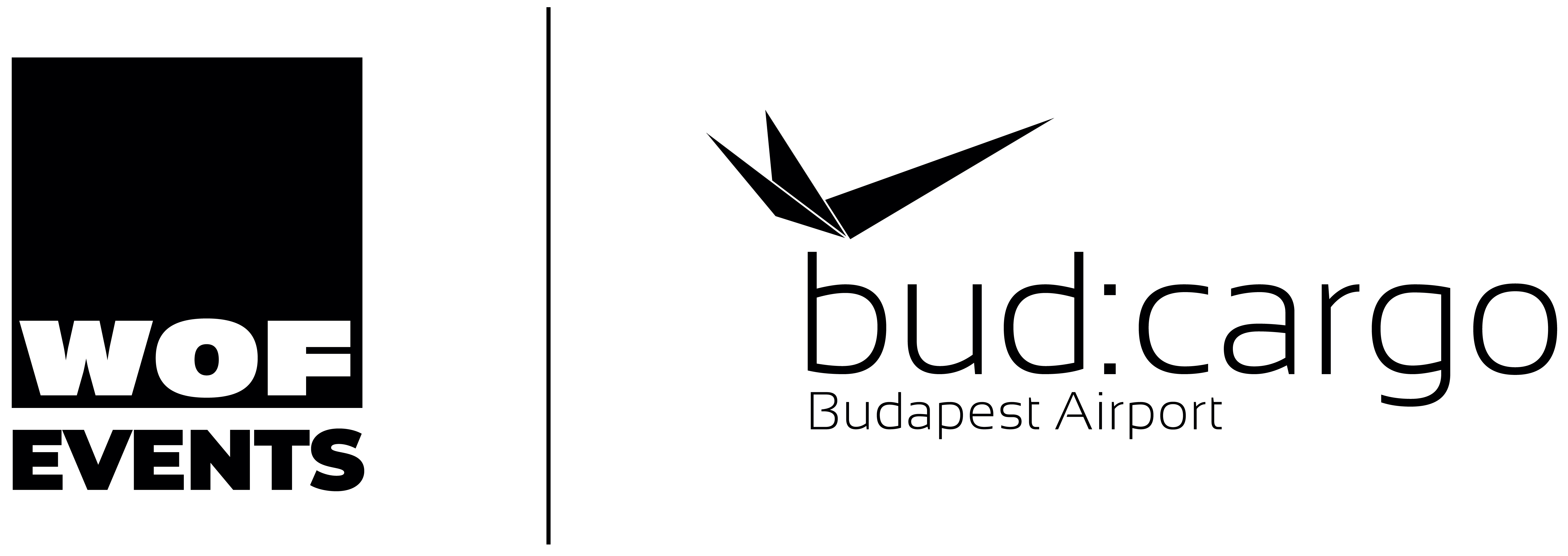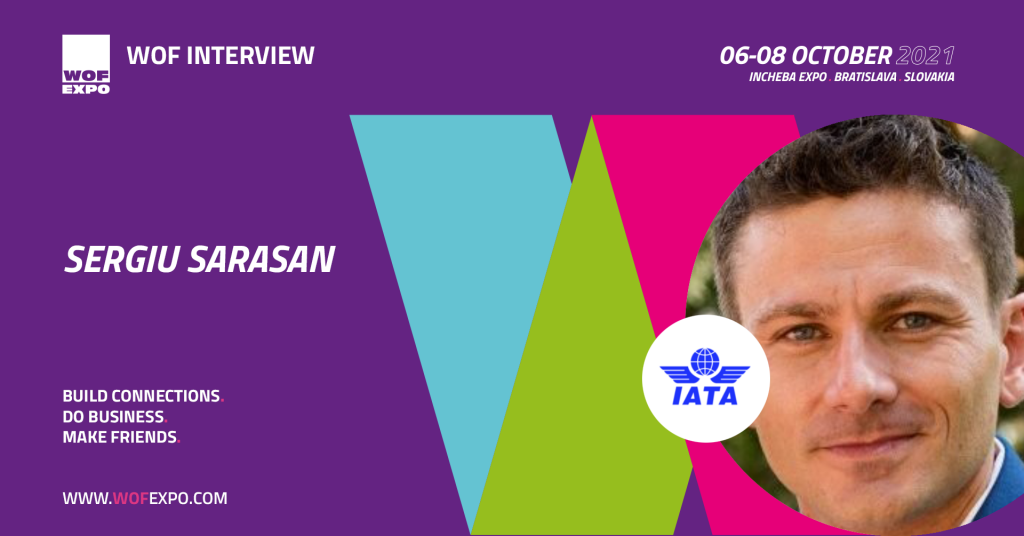Interview with SERGIU SARASAN
| Mr. Sergiu Sarasan is an experienced Aviation Manager with a history of working in the airline/aviation industry. Mr. Sarasan is skilled in Sales & Negotiation, Air Cargo, Airports and Commercial Aviation. Before joining IATA in 2008, he held various positions in air cargo operations and sales. As Manager Aviation Solutions, Eastern Europe at the International Air Transport Association (IATA), he is responsible for advising on and offering IATA’s business solutions and commercial products in the region as well as delivering IATA’s aviation agenda to key accounts, offering support and advice on strategic aviation decisions. From a broader perspective, he is lobbying for a safer and more efficient air transport business and engaging the local industry in driving change as well as delivering development projects in the local markets. |
| 1. What do you consider to be the main disrupters for Air Cargo Services development? Air cargo can definitely do better than the six days global average duration of a shipment. It HAS to do better in order to survive. We cannot overlook, for example, the tremendous development of e-commerce and the requirements and challenges for air cargo in capitalizing this opportunity. One of the roadblocks is the latency in adopting up-to-date technologies and allowing industry partners to access information faster and better. Regulations are not necessarily expected to enjoy more alignment in the future, so there we have another layer of challenges that can be successfully fought with real-time access and exchange of information with collaboration and standardization. And then there’s security, which still is one of the biggest service disrupters. There is still a long way to walk here into having a risk-based approach in air cargo security. 2. Tell us about key areas where Air Cargo Services improved in terms of the innovations the most and why? The integrators are leading the way in improving service delivery by implementing automated sorting lines, piece level tracking, modern technologies to exchange real-time data, which are so necessary for e-commerce and not only. The traditional air cargo supply chain is still struggling to replace the paper-based processes. I believe the service development should be channeled in two directions: modern facilities and data availability. On the latter, IATA has developed the One Record concept and is running numerous pilots and hackathons with the industry to bring this to life. On the first, we are developing the Smart Facility program, a set of guidelines and a certification based on the standards and best practices to ensure the service quality. On a more advanced front, there are initiatives to “make the cargo talk” by using sensors to monitor at container or piece level, using drones or robots to deliver parts of the work inside the facilities. However, these are isolated and rather expensive solutions, and the industry will have to pick together with the most viable means for developing the service. 3. Due to the coronavirus pandemic, we have seen a huge appreciation and focus on Air Emergency. Can you tell us how IATA sees further development with the increased volume of special deliveries? Special cargo for many years has received careful consideration from the air cargo players due to being a high yield product, and on the other hand, for its special handling requirements. Certain categories of special cargo such as pharma temperature-controlled shipments are forecasted to grow long term at dynamic paces, making them even more interesting for the industry players. I would say the keyword here is standardization and everything revolving around it. We do have solid standards in the industry, and IATA is at the forefront of creating such standards. With standards comes the need for training, proper facilities and procedures globally recognized certification programs and no to forget technology. Only by diligently adopting these in a collaborative approach can we keep air cargo a competitive and reliable service for transporting special cargoes. 4. What is your opinion about positioning WOF EXPO in the Central and Eastern Europe region? As the global center of trade is shifting east, so does central-eastern Europe receive heavier consideration in opening new air-cargo gateways into Europe. On the one hand, this is dependent on suitable infrastructure, and we notice a focus from the authorities and market players in the region to deliver unconstrained and modern infrastructure, one great recent example being Budapest Cargo City. On the other hand, capacity depends on belly cargo and is thus, sustained by passenger traffic. Therefore, tourism is an important trigger, and here we do see cities at the forefront, such as Prague and Budapest. Economically, CE Europe is expected to grow at a more dynamic pace than western Europe, with industries such as pharma, automotive as well as the e-commerce sector is well represented in the region. With such opportunities, CE Europe enjoys increased attention on cargo transportation events, too. And I salute the initiative to organize this WOF Expo in Bratislava. |
 | International Air Transport Association (IATA) is the airlines’ global trade association created 75 years ago. Today, IATA represents some 290 airlines in 120 countries comprising 82% of total air traffic. IATA’s vision is to work together to shape the future growth of a safe, secure and sustainable air transport industry that connects and enriches our world.
IATA’s mission is to represent, lead, and serve the airline industry. They improve understanding of the air transport industry among decision-makers and increase awareness of the benefits that aviation brings to national and global economies. Advocating for the interests of airlines across the globe, IATA challenges unreasonable rules and charges, holds regulators and governments to account, and strives for sensible and aligned regulations.
IATA helps airlines to operate safely, securely, efficiently, and economically under clearly defined standards.
https://www.iata.org/ |

